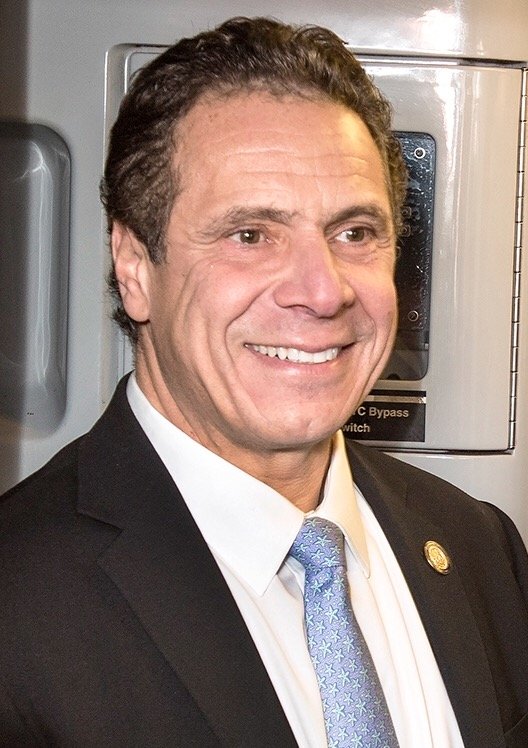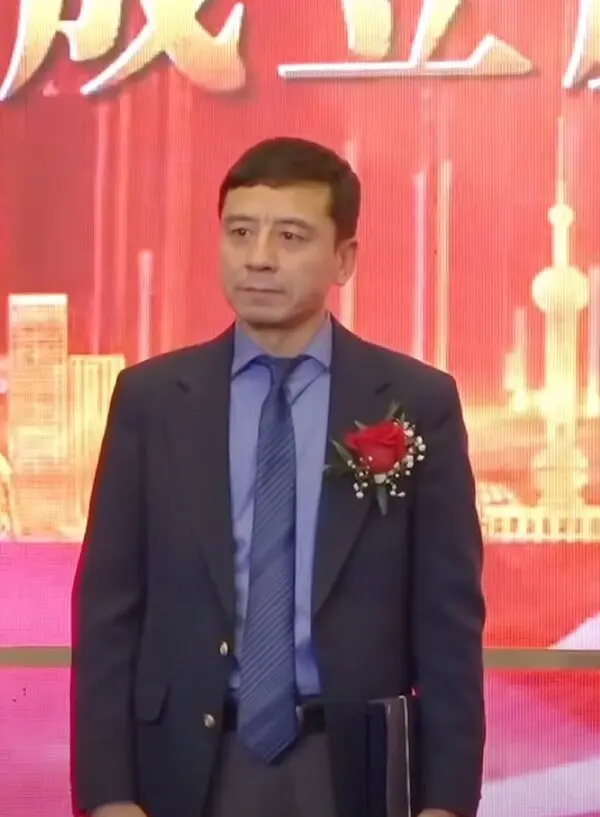
Cuomo’s Trump Connection and Chinese Ties in His Campaign Raise Red Flags
Two recent developments in Andrew Cuomo’s New York City mayoral campaign have sparked serious concerns—not only about political maneuvering but also about the influence of China-linked figures in U.S. politics. Together, they highlight why Americans should remain vigilant about foreign interference and hidden risks within our democratic system.
According to Politico and The New York Times, former New York Governor Andrew Cuomo has been quietly courting support from Donald Trump and top Republicans in his bid to return to power as New York City’s next mayor.
At a Hamptons fundraiser, Cuomo openly suggested that Trump and Republican leaders would throw their weight behind him to block Assemblyman Zohran Mamdani, who defeated Cuomo in the Democratic primary. Cuomo dismissed GOP candidate Curtis Sliwa as “not serious” and implied that Republicans would see him as their best chance to stop Mamdani.
Cuomo even described his relationship with Trump as a “dysfunctional marriage” and suggested that Trump might seek “redemption in New York” by cooperating with him. While Cuomo denied wanting Trump’s formal endorsement, his remarks signal openness to aligning with political forces once considered his adversaries.
For many New Yorkers, the idea of Cuomo relying on Trump’s backing feels like a betrayal of the city’s values. But it also raises a deeper issue: what kind of influence, and from whom, is Cuomo truly willing to accept in order to regain power?
The second controversy is even more alarming. The New York Post and New York Times reported that Larry He (賀立寧), Cuomo’s former Asian Affairs Director, quietly resigned after it was revealed that he once held top executive roles in Chinese state-owned enterprises (SOEs), including positions at a subsidiary of Sinopec, one of China’s largest and most politically connected companies.

While He emphasized that he is now a U.S. citizen and never joined the Chinese Communist Party, his background underscores the ongoing risk of individuals with ties to Beijing gaining influence in American politics. Reports noted that He attended events celebrating China’s National Day as recently as 2024, fueling further doubts about his independence from CCP-linked circles.
Security experts have repeatedly warned that individuals with past or present connections to Chinese SOEs could become conduits for influence, intentionally or not. In this case, Cuomo’s campaign initially defended He, accusing critics of xenophobia, but ultimately accepted his resignation.
These two stories—Cuomo quietly counting on Trump’s help and his campaign advisor’s ties to China—are not isolated scandals. Together, they paint a troubling picture of how political desperation can open the door to questionable alliances.
For Americans, the bigger concern is China’s growing footprint in U.S. politics and society:
The Cuomo controversies remind us that foreign influence does not always arrive in the form of spies or overt interference. Sometimes it slips in through campaign staff, financial backers, or quiet promises of political support.
Americans should take these developments seriously. Whether it’s a candidate leaning on Trump for survival or hiring aides with Chinese SOE backgrounds, the stakes are higher than partisan politics. This is about protecting the integrity of U.S. democracy from outside manipulation.
New Yorkers—and all Americans—must ask tough questions of their leaders. Who are they really working for? And are they willing to compromise national security for political gain?